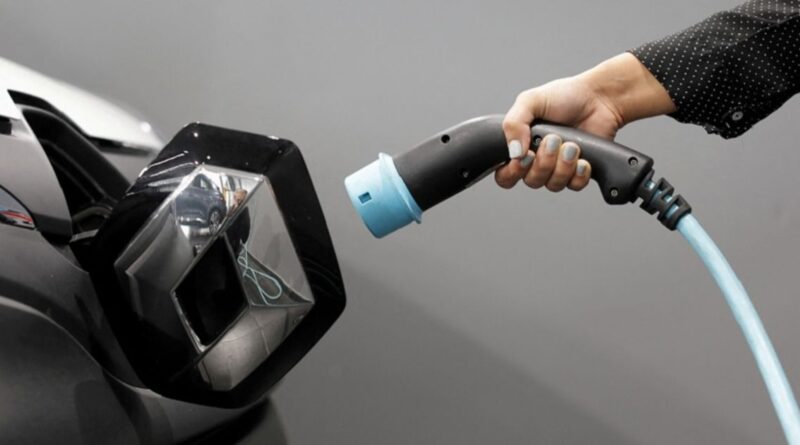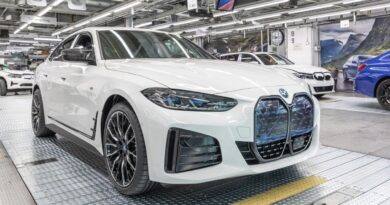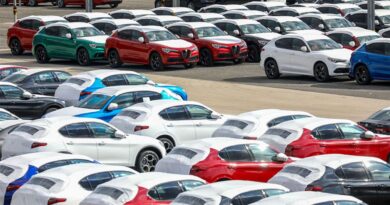EU lawmakers reject bid to weaken combustion engine ban
European Union lawmakers voted to uphold a ban on new combustion engine cars from 2035 despite attempts by industry groups and conservative politicians to weaken the proposal.
The European Parliament on Wednesday rejected an amendment that would have eased a requirement on carmakers to cut emissions to a 90 percent reduction by 2035, instead of the 100 percent the European Commission proposed last year.
The law is not yet final. The vote confirms the parliament’s position for upcoming negotiations with EU countries on the final law.
If an agreement is reached then, it effectively spells the end of the combustion engine car in Europe, marking a radical overhaul of a form of transport that has dominated for more than a century. It would also be a crucial win for the bloc’s climate agenda, with the transportation sector proving one of the hardest to decarbonize.
The ban aims aim is to speed Europe’s shift to electric vehicles and embolden carmakers to invest heavily in electrification, aided by another EU law that will require countries to install millions of vehicle chargers.
“Purchasing and driving zero-emission cars will become cheaper for consumers,” said Jan Huitema, parliament’s lead negotiator on the policy.
Lawmakers from the conservative European People’s Party — as well as other right-leaning groups — had attempted to tone down the ban, highlighting concerns over potential job losses in the industry.
Industry groups including German auto association VDA lobbied lawmakers to reject the 2035 target, which they said penalized alternative low-carbon fuels and was too early to commit to, given the uncertain rollout of charging infrastructure.
Carmakers including Ford and Volvo have publicly supported the plan to stop sales of new combustion engine cars in Europe by 2035, while others, including Volkswagen, aim to stop selling combustion engine cars in Europe by that date.
Lawmakers also voted against an amendment that would allow carmakers to buy credits for so-called e-fuels. Those synthetic fuels, made using captured carbon dioxide, with hydrogen produced from renewables, have been touted as a way to keep the combustion engine.
Bloomberg and Reuters contributed to this report
Source : Autonews.com




